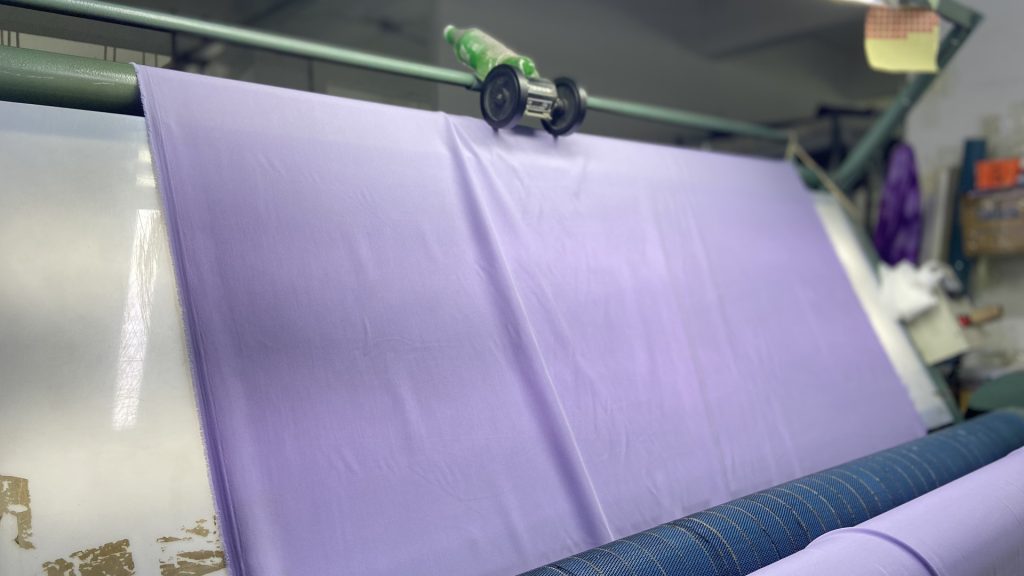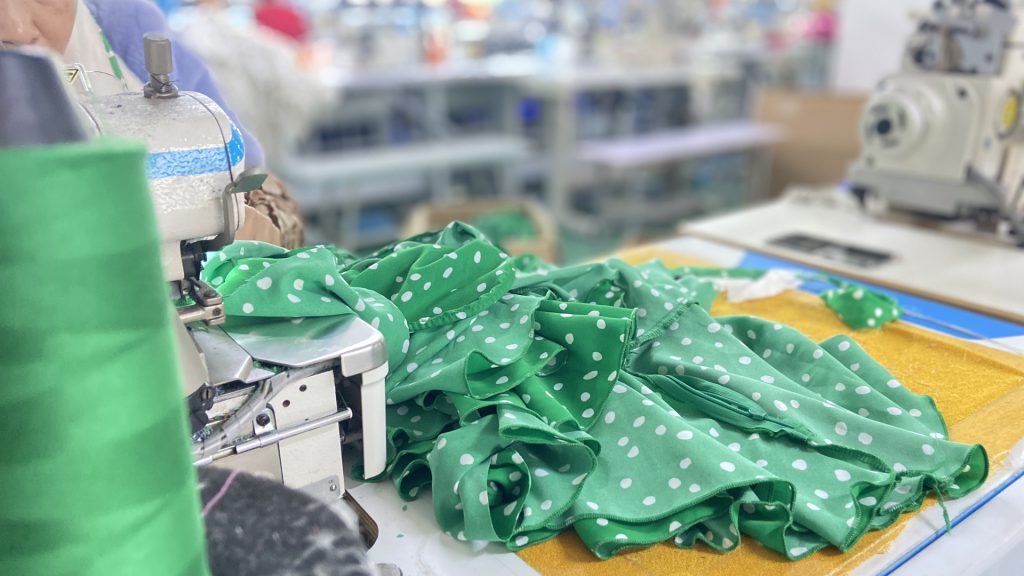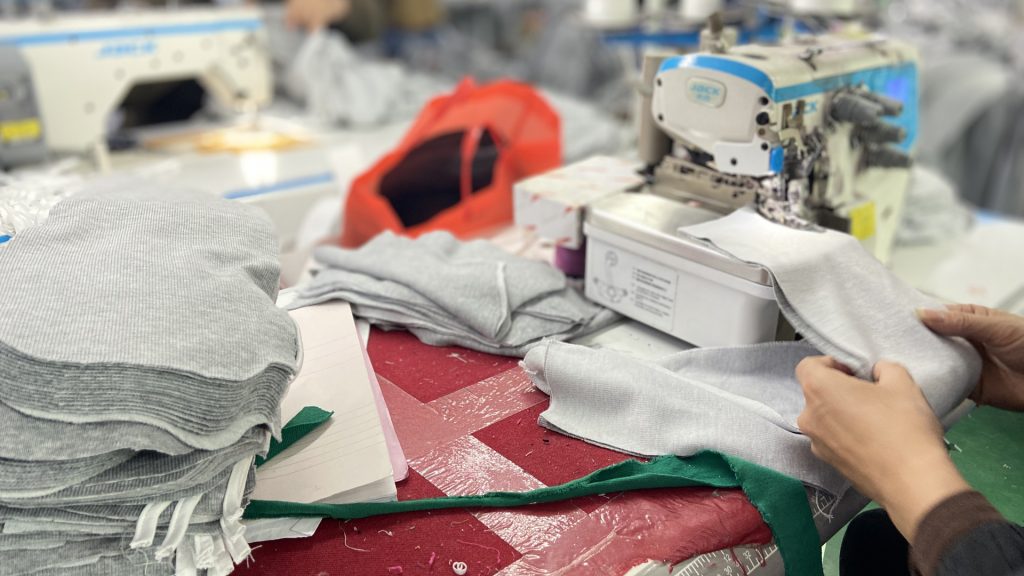Sustainable Practices in Fashion: The Role of Conscious Clothing Manufacturers
Introduction
The global fashion industry, while a beacon of creativity and style, has also been under scrutiny for its environmental footprint. The spotlight is now on clothing manufacturers to lead the charge towards a more sustainable future.
The Environmental Challenge
From excessive water usage to chemical dyes seeping into waterways, the fashion industry has been a significant environmental burden. The demand is clear: evolve or face the consequences of an increasingly eco-aware customer base.

Natural and Organic Fabrics
Clothing manufacturers are embracing natural fabrics like organic cotton, bamboo, and hemp. These materials, grown without harmful pesticides or chemicals, serve as a testament to the possibility of high-quality, eco-friendly production.
Recycling and Upcycling in Fashion
The concept of circular fashion is on the rise. Leading manufacturers are now investing in methods to recycle old garments into new ones or upcycle materials to give them a fresh lease on life, effectively reducing waste.

Water Conservation in Garment Manufacturing
Water scarcity is a looming global threat, making water conservation in garment manufacturing paramount. Newer, innovative methods of dyeing and processing fabrics that use minimal water are becoming industry standards.
As fashion leans towards a greener future, clothing manufacturers have a pivotal role to play. Through sustainable practices, they have the power to shape an industry that’s as kind to the planet as it is to its patrons.
kno102023-03
Google: D&J Fashion Manufacturer
Leave us a Google Review
Facebook: dnjfashionofficial
Instagram: dnj_fashion_official
Linkedin: D&J Garment Manufacturing and Supply Chain
Pinterest: dnjfashion
Youtube: @dnjfashion_official
Tik Tok: @dnj_fashion

